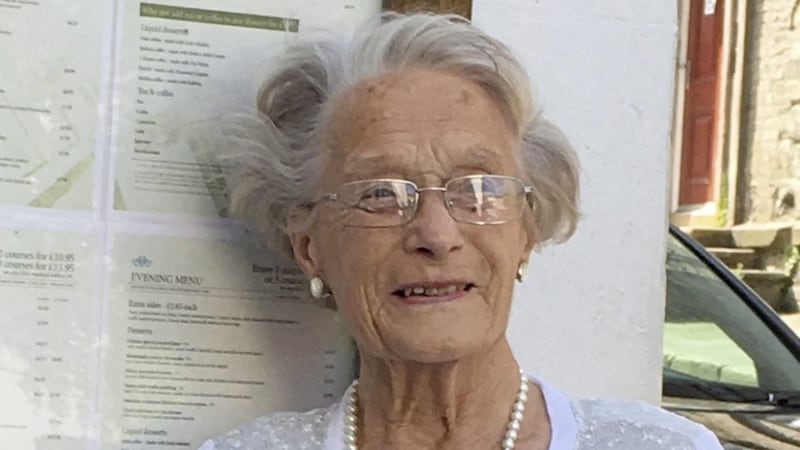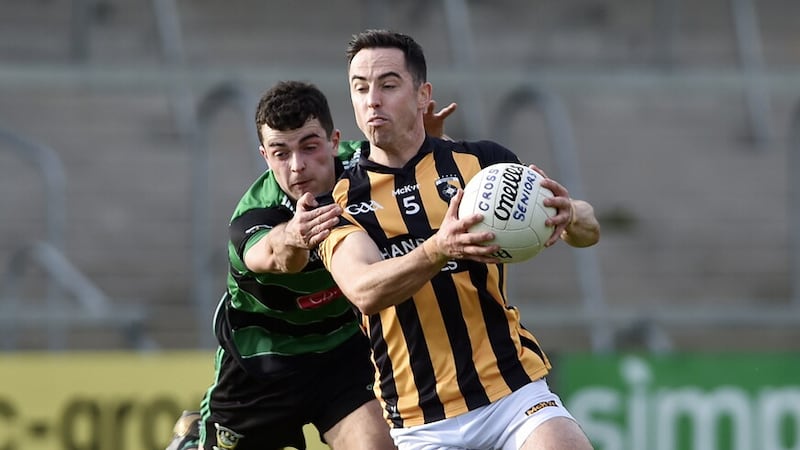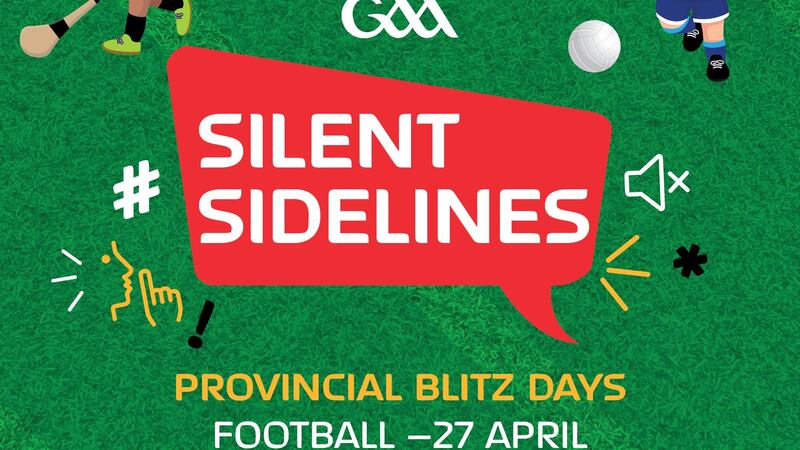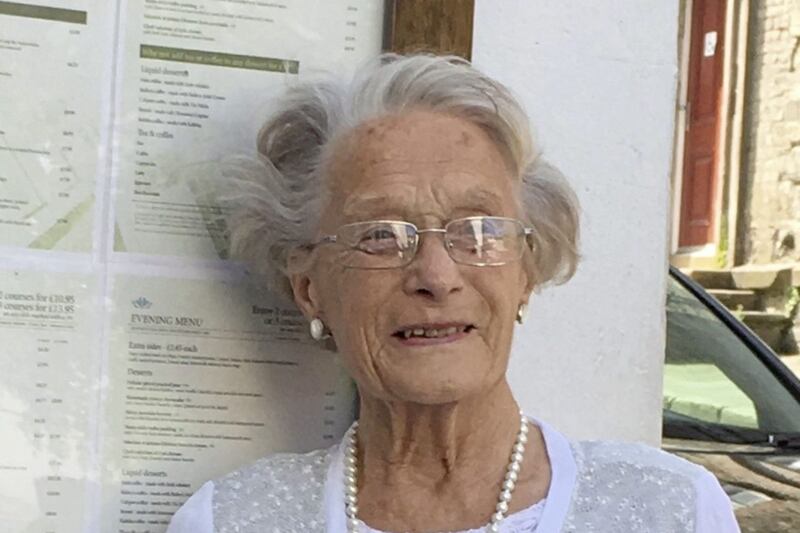NOT many players get to line out for two different counties in All-Ireland finals.
Ulster camogie legend Peig Denvir (née Dooey) achieved that feat in a three-year spell during the 1940s.
When Peig captained St Louis, Ballymena to the school’s first Ulster camogie title in 1946, she already held an All-Ireland senior medal as a midfielder on the Antrim team that defeated Waterford in Cappoquin the previous autumn.
That was Antrim’s first All-Ireland senior title - indeed the first ever All-Ireland senior Gaelic games title to come over the border - and it was celebrated right across the province.
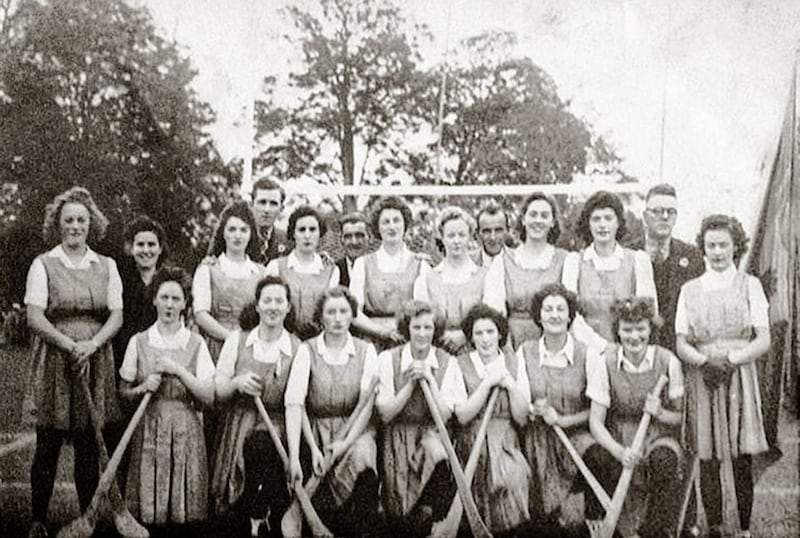
The Saffron county retained the O’Duffy Cup the following year, beating Galway in Corrigan Park, Belfast.
Peig had picked up an injury during that campaign and had to be content with one of the three substitute places on the sideline.
However, her twin sister Kathleen played at centre half-back and won her second All-Ireland medal a year later when Antrim completed three-in-a-row.
By that time Peig had left her native Dunloy, where she on its first team to win the Antrim club championship, and was working as a teacher in Newcastle, Co Down.
She joined the Kilclief club and within a short period was lining out for Down.
Her adopted team caused a major shock by dethroning the All-Ireland champions in the Ulster semi-final in August 1948.
During a period of that game Peig marked her sister Kathleen and both assured me years later that they left the pitch on amicable terms.
Down later beat Derry to take their first provincial title and travelled to Renmore to defeat Galway in the All-Ireland semi-final.
Nerves seem to get the better of them in the final at Croke Park and they eventually lost by 11-4 to 4-2 to a Dublin side that featured all-time greats Kathleen Cody and Kathleen Mills, the latter winning the first of her record 15 All-Ireland medals.
Peig still managed to score 2-2 from central defence and was top scorer in each game of that historic campaign.
Down, helped by their Dunloy import, retained the Ulster title in 1949 but were beaten again by Dublin in the All-Ireland semi-final.
With Peig's two-year teaching contract at an end, she returned to Dunloy and captained the club to a second Antrim title.
She was made captain of the Antrim county team for the 1950 season and they once again reached the All-Ireland final only to be beaten by Dublin, who would also defeat them in the next two finals as Peig brought her provincial haul of medals to six in eight seasons.
In 1953 she married Down dual player Brian Denvir, a member of the panel that would bring the Sam Maguire Cup across the border for the first time seven years later.
They lived in Kilclief, with whom she won a Down title and took an active part in coaching camogie as her six daughters all made their way through their teenage years.
Peig even coached the Down team that won the inaugural All-Ireland Junior championship in 1968.
Kathleen later joined her in Co Down and the sisters became regular fixtures at Gaelic games in the county while also enthusiastically following their native Dunloy.
Peig, who was predeceased by Brian, their daughter Bridgeen and Kathleen, died peacefully on October 3 in Slieve Dhu Nursing Home in Newcastle surrounded by her family.
She was laid to rest in St Malachy’s Cemetery, Kilclief after Requiem Mass in the Church of Our Lady of the Assumption, Newcastle.
I offer condolences to her daughters Úna, Áine, Máire, Orla, and Niamh and to her son Dónal, her grandchildren and family circle.
Ar dheis lámh Dé go raibh a hanam gaelach.
Séamas McAleenan
